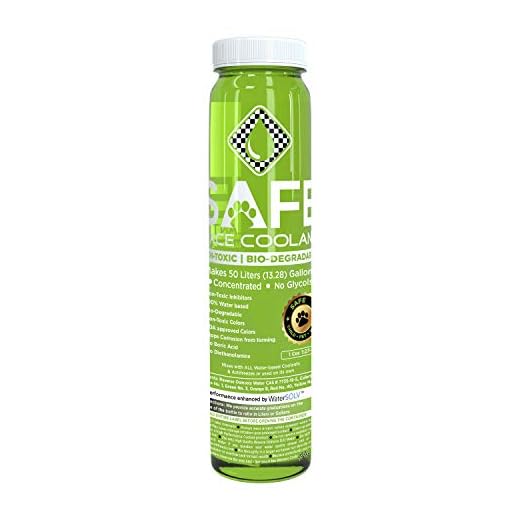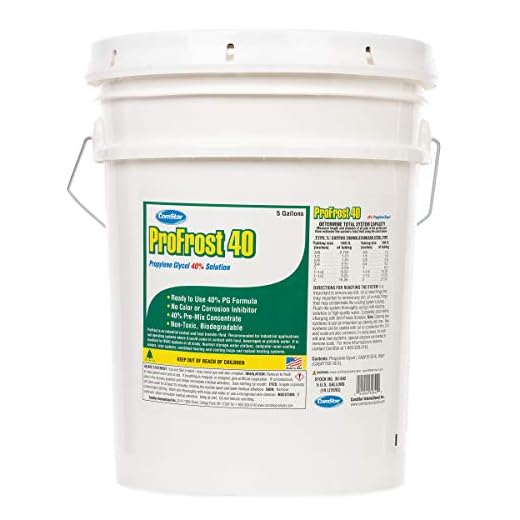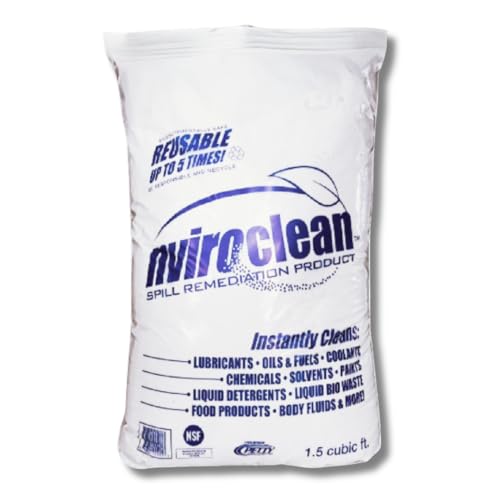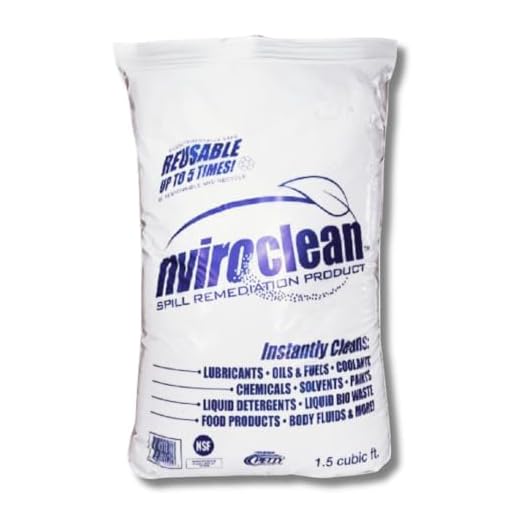

As a Scottish Fold with a keen eye for safety, I can tell you that the sweet-smelling liquid often found in garages is highly dangerous for our furry pals. Just a small amount can lead to severe health issues, including kidney failure. It’s crucial to keep any products containing ethylene glycol out of reach and ensure your home is a safe haven.
If you suspect your four-legged companion has ingested this harmful substance, act quickly. Symptoms to watch for include vomiting, excessive thirst, and lethargy. It’s essential to contact a vet immediately. Time is of the essence, and the sooner help arrives, the better the chances of recovery.
Preventing exposure is the best strategy. Consider using antifreeze alternatives that are pet-friendly or ensure that any spills are cleaned up promptly. Creating a safe environment not only protects our health but also allows us to enjoy our playful lives without worry.
Is Antifreeze Harmful to Felines?
Yes, this substance can be extremely harmful to us furry friends. Just a small amount can lead to severe health issues or even death. It contains ethylene glycol, which is sweet-tasting, making it particularly dangerous since it can attract curious noses like mine.
Symptoms of Exposure
If you suspect ingestion, watch for signs like vomiting, lethargy, or seizures. These symptoms can appear within a few hours. Immediate veterinary attention is crucial. Don’t wait for symptoms to worsen!
Prevention Tips
Keep all products containing this harmful compound securely stored away. Consider using pet-safe alternatives for your vehicle’s coolant. Regularly check your surroundings for spills, especially in garages or driveways. Keeping our environment safe not only protects you but also ensures a happier home for us.
Understanding the Ingredients in Coolant
It’s crucial to know what’s in that liquid you find in your human’s garage. Ethylene glycol is a common component in many cooling solutions. This substance is sweet-tasting, which may attract me and my furry friends. However, ingesting even a small amount can lead to severe health issues.
Another ingredient, propylene glycol, is less harmful but can still cause problems if consumed in large quantities. This is often found in some automotive products and may not be safe for us. Always check labels and avoid anything that contains these harmful substances.
Additional Ingredients to Consider
Some formulas may include additives like corrosion inhibitors and dyes. While these are not directly harmful, they could indicate the presence of more dangerous chemicals. Always be cautious and inform your humans about the risks associated with any automotive products they use around us.
Precautions and Recommendations
For safety, store all automotive fluids securely out of reach. If you’re ever in doubt, consult a veterinarian immediately. Keeping us safe is a priority, so it’s best to avoid any potential hazards altogether. And if your human is looking to keep their car clean, they might want to check out the best pressure washer nozzle for car detailing to avoid any unwanted spills.
Signs of Antifreeze Poisoning in Cats
If you suspect exposure to harmful substances, look for these critical signs:
| Symptom | Description |
|---|---|
| Vomiting | Frequent or unusual vomiting can indicate internal distress. |
| Increased Thirst | Excessive drinking may be a response to dehydration. |
| Uncoordinated Movements | Wobbling or difficulty walking can signal neurological impact. |
| Lethargy | Unusual tiredness or lack of energy is a red flag. |
| Rapid Breathing | Fast or labored breathing may indicate distress. |
| Seizures | Convulsions or trembling can show severe poisoning. |
| Changes in Urination | Excessive urination or straining can reflect kidney issues. |
Prompt action is vital. If these signs appear, contact a veterinarian immediately. Keeping a gps collar for cats can also help in monitoring your furry friend’s whereabouts and alerting you to any unusual behavior.
Immediate Actions to Take if Your Cat Ingests Antifreeze
If I ever find myself in a situation where someone has consumed a harmful substance, the first thing to do is to stay calm and act quickly. Here’s what you should do:
- Call Your Veterinarian: Reach out to your vet immediately. Time is of the essence, and they will guide you on the next steps.
- Do Not Induce Vomiting: Unless instructed by a professional, avoid making your pet vomit. This could cause more harm than good.
- Gather Information: Collect any relevant details about the substance ingested, including the amount and time of consumption. This will help the vet assess the situation better.
- Observe Symptoms: Keep an eye on any unusual behavior or signs of distress. Take note of vomiting, lethargy, or changes in behavior.
Transport to the Clinic
Prepare to take your furry friend to the vet. Keep them calm during transport. If possible, bring along any containers or packaging of the substance. This can provide valuable information to the veterinary team.
Aftercare
Once at the clinic, follow your vet’s instructions for care and recovery. They may recommend treatment options or further monitoring. It’s essential to stay vigilant and report any changes in behavior afterward.
Long-term Health Effects of Antifreeze Exposure on Cats
If I ingest even a small amount of that sweet-smelling liquid, it can lead to severe long-term health issues. The primary ingredient, ethylene glycol, can cause significant damage to vital organs, particularly the kidneys. Over time, this can result in chronic kidney disease, which is often irreversible.
Potential Long-term Conditions
- Kidney failure: Ongoing exposure can lead to a gradual decline in kidney function.
- Neurological disorders: Damage to the nervous system may occur, affecting coordination and balance.
- Gastrointestinal issues: Prolonged exposure can lead to stomach ulcers or other digestive problems.
Monitoring and Prevention
Regular check-ups at the vet are crucial. Blood tests can help detect early signs of kidney damage. If you suspect exposure, it’s important to monitor for any behavioral changes, such as increased thirst or urination, which might indicate underlying health concerns.
Keeping hazardous substances locked away is essential. Use pet-safe alternatives for vehicle maintenance to prevent any accidental ingestion. Staying vigilant can help avoid the devastating effects of this dangerous substance.
Preventing Antifreeze Poisoning in Your Home
Keep all products containing ethylene glycol securely stored in cabinets or areas inaccessible to me. Use child-proof locks to ensure safety.
Regularly check your vehicle for leaks, especially during colder months. Clean up any spills immediately with absorbent materials to prevent accidental ingestion.
Consider using alternatives that are less harmful if you have a vehicle. There are formulations available that are pet-safe and effective.
Dispose of leftover fluids properly. Do not pour them down the drain or on the ground, as this could lead to contamination.
Educate your family and visitors about the dangers of these substances. Make sure everyone knows how to handle products safely and the importance of keeping them out of reach.
Be vigilant about monitoring your surroundings. If you notice any strange behavior from me or other pets, investigate right away.
Regular vet check-ups can help catch any health issues early, so scheduling visits is a smart move.
Alternatives to Traditional Antifreeze for Pet Owners
Pet owners should consider using propylene glycol-based products instead of conventional options. Propylene glycol is less harmful and is often found in food-grade formulations. This alternative is safer for my furry friends and offers similar benefits without the hazardous effects.
Natural Ice Melts
Natural ice melts made from beet juice or other organic materials can be used to keep driveways and walkways safe during winter. They are not only effective but also non-harmful to pets. I recommend checking labels to ensure that they are pet-friendly.
Homemade Solutions
A mix of water and rubbing alcohol can serve as an effective de-icer for windshields. This solution can be prepared at home and is less dangerous compared to traditional options. Additionally, keeping my drinking water warm with heated bowls can prevent freezing without the risks associated with harmful chemicals.
FAQ:
Is antifreeze harmful to cats?
Yes, antifreeze is extremely harmful to cats. The main ingredient in most antifreeze products is ethylene glycol, which is highly toxic. Even a small amount can cause serious health issues, including kidney failure, neurological problems, and in severe cases, death. It’s important to keep antifreeze out of reach of pets and to clean up any spills immediately to prevent accidental ingestion.
What are the symptoms of antifreeze poisoning in cats?
Symptoms of antifreeze poisoning in cats can vary but often include vomiting, lethargy, increased thirst, and urination. As the condition worsens, a cat may show signs of disorientation or seizures. If you suspect your cat has ingested antifreeze, it is crucial to seek veterinary care immediately, as prompt treatment can be life-saving.
How can I prevent my cat from being poisoned by antifreeze?
To prevent antifreeze poisoning, always store antifreeze products in a secure location that is inaccessible to pets. Check for leaks in your vehicle and clean up any spills promptly. Consider using antifreeze products that contain propylene glycol, which is less toxic than ethylene glycol. Always supervise your cat in areas where antifreeze might be present, especially during colder months when antifreeze is commonly used.








